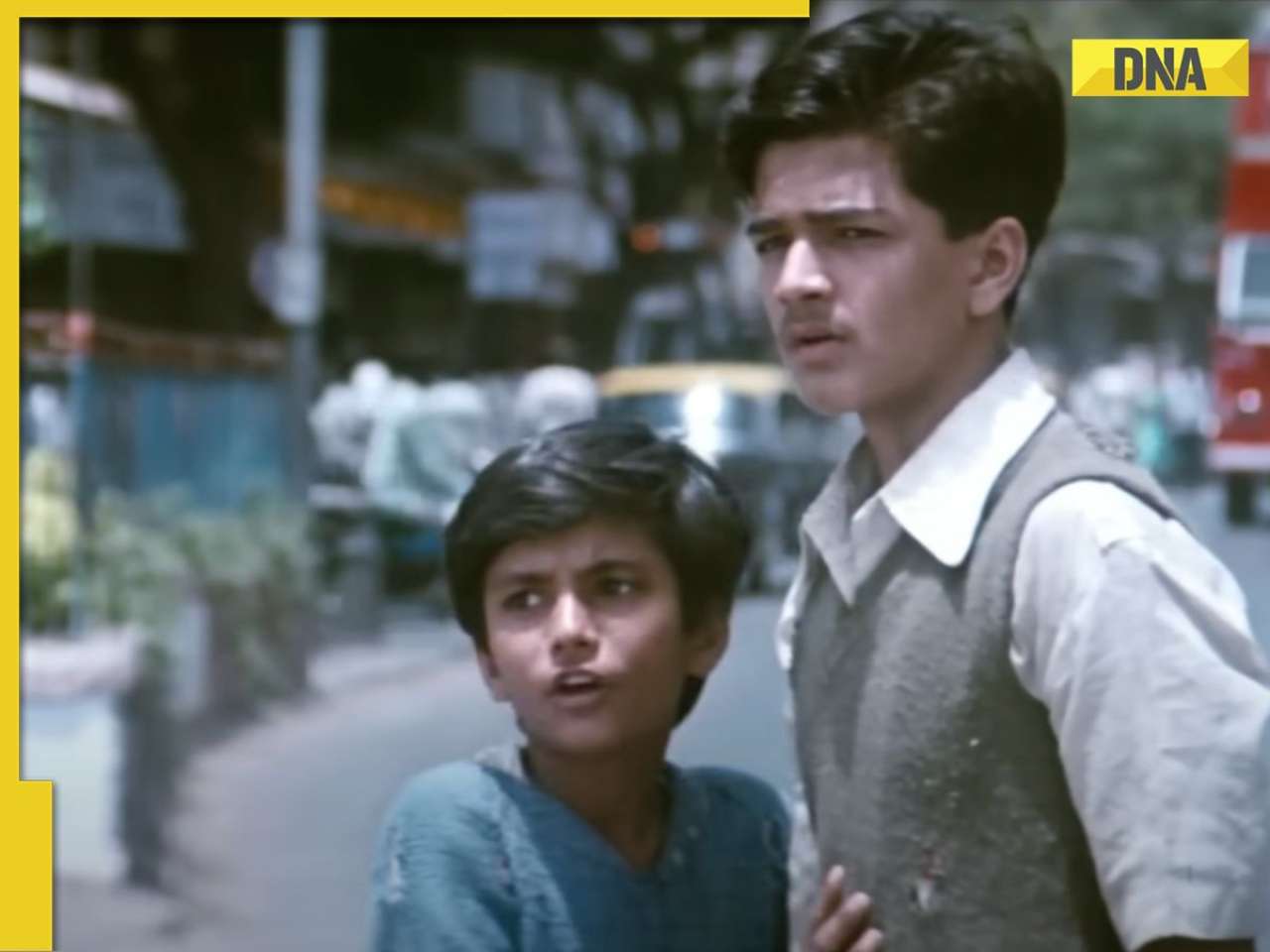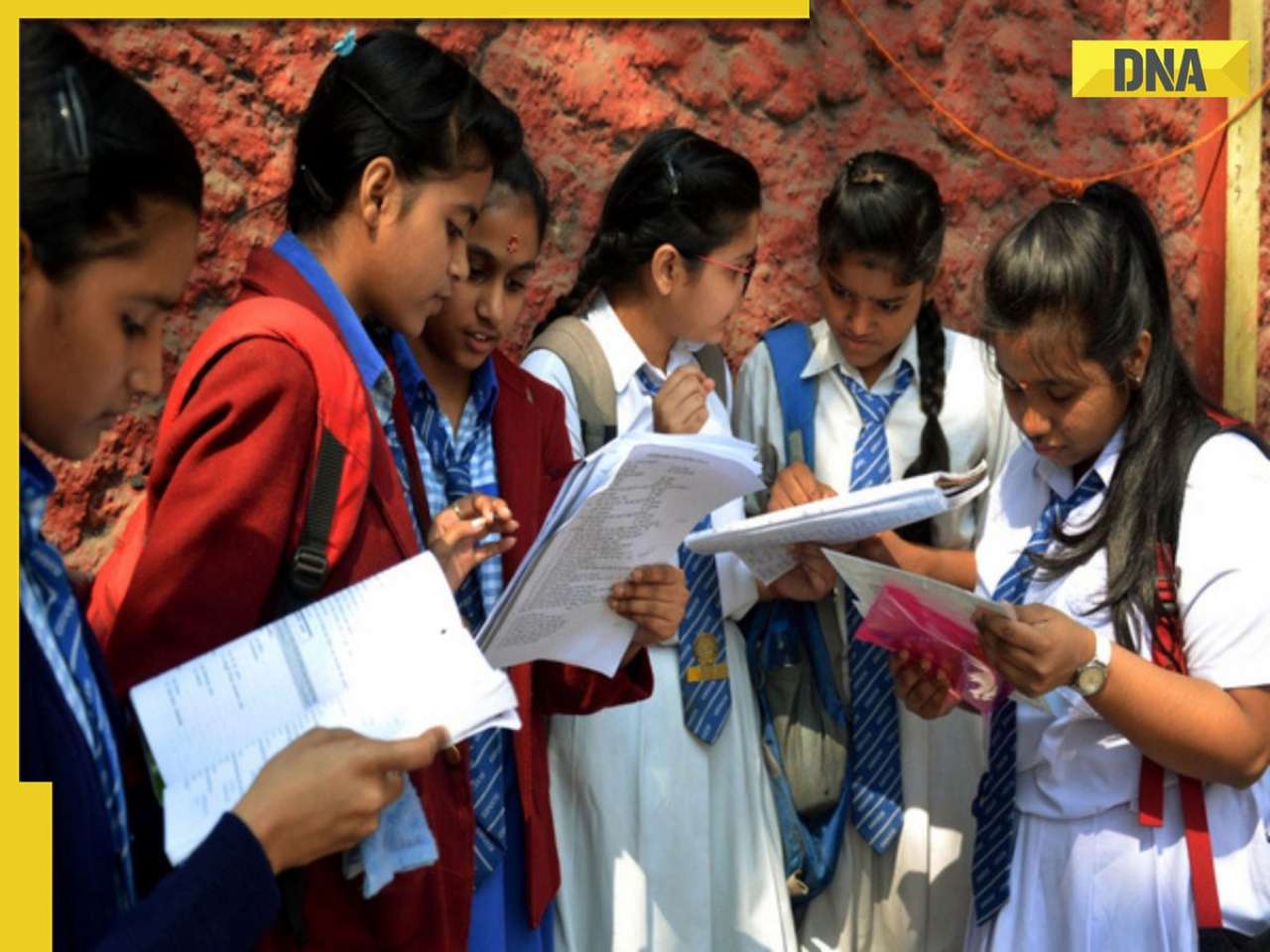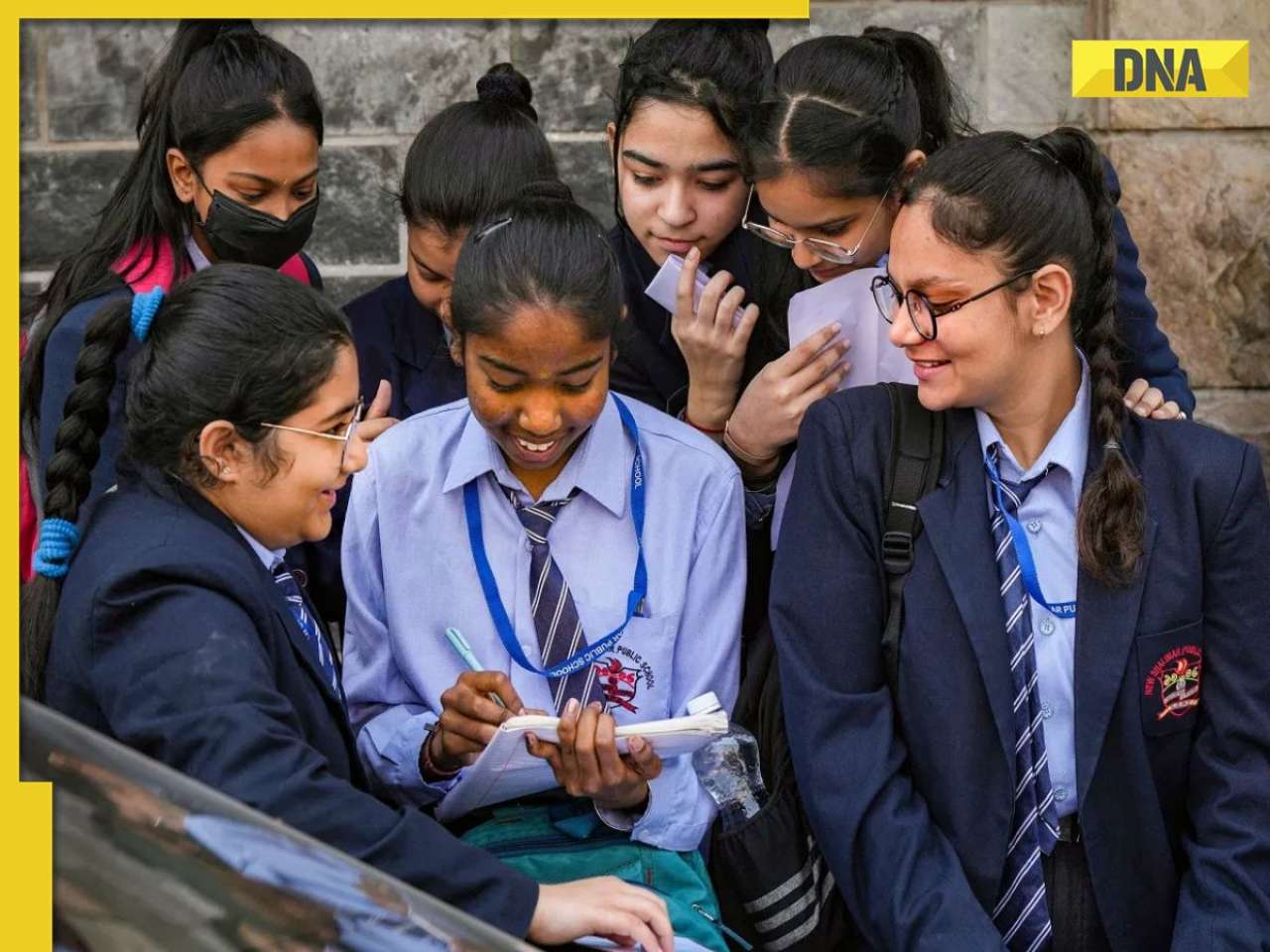There are a dime a dozen summer camps in the city. Just turn around and you’ll find one. But what should a good summer camp be like?
There are a dime a dozen summer camps in the city. Just turn around and you’ll find one. But what should a good summer camp be like? Creative, fun, engaging, thought-provoking, original are some adjectives that fit the bill. Trupti Hattangady, camp co-ordinator, Super Camp, and Meeta Baphna, mother of three, discuss the virtues of an ideal summer camp
Camps have become more professional
The new-age summer camps
Today, the premium for summer camps is high. Parents need to understand why they are priced so high. These days, parents expect a lot from children. If they are paying a higher premium, they expect the child to learn more. They forget that it’s all about the experience. I often recommend that parents attend programmes to understand how difficult it is for the child to produce sterling results. On the other hand, those who run summer camps must also focus on the overall experience they are exposing the children to. At the same time, camps should not hold back on providing quality services. With the coming of many international programme-directors, many camps have woken up to the paradigm shift involved in the whole process. Today, there’s need for high professionalism by those running summer camps.
Camps are an arduous challenge
The traditional concept of a summer camp has been something that is fun and entertains your kids for a few hours during the day. But over the years, things have drastically changed. Camp organisers are increasingly looking at the learning objectives. A lot of thought and planning goes into running summer camps — define your target audience, what are you going to teach at the camp, how will it be different from what someone else is offering? No housewife can put up a board today saying ‘summer camp’. You need experts to deal with kids. Parents cross-question you about the benefits and the takeaways from the camp. They look for feedback about their children as well.
Never let children get bored
It is difficult to keep children engaged. It’s not the parent who makes the choice today — it’s the child. If you don’t keep him interested, he will get bored within a couple of minutes. For people who conduct summer camps, this is actually becoming a challenge. The moment you think the child is losing interest, you have to quickly bring him back to the topic on hand. Single children need more attention and it’s a challenge to make them join the group.
Keep technology at bay
Children are exposed to technology so much on a daily basis that at least in a summer camp, they should stay away from modern gadgets. We use karaoke for performances, a computer to download data and use the Internet to show them exotic places. But I don’t think there should be overuse of technology because the aim is to get children away from it. Even otherwise, their lives are so well connected to the Internet. At least during a summer camp you have to pull them away from it. Technology should be used only to empower and facilitate the process and add quality to learning.
We need to learn from POGO
I think programmes like MAD on POGO channel are liberating. They are beautifully edited and presented making every child feel it’s really simple. The activities can be done single-handedly without the requirement of a teacher. Children are resourceful and use materials that are easily available to teach children by showing them, not just telling them. It has prompted children to think differently and creatively. The best part is there’s nobody to judge them.
Kids must focus on acquiring life skills
8Learn in a different way
Summer camps should be a complete departure from academics. The camps that are really successful are the ones that are creative where there’s a lot of learning involved. They emphasise learning in a different way. For instance, my son has enrolled in a camp where they do nature walks, which he would never get to do in a school. It is creative and more focused on the arts, and about environmental awareness. So the children come back the next day thrilled, and full of information. They are also eager to learn more and share.
8Camps must focus on holistic learning
Summer camps can reinvent themselves if they focus on teaching the children what they don’t already know from school. They should be less academic and more about how to deal with life. It should give them opportunities to act, or speak in front of an audience. If camps would focus on skills like photography, theatre, creative writing, public speaking, they would do really well. Kids are yearning for an outlet for creativity, for they go through this nine-month tough curriculum and at home, they are exposed to TV, Internet and the onslaught of technology. My daughter went for a camp where she was taught salsa, and that’s wonderful. Now camps focus a lot on adventure sports, which is beneficial. Children need holistic learning, that’s why we need these camps.
Give parents constructive feedback
Parents are looking for constructive feedback from those who organise these camps. The child should be exposed to something new. Parents want to know what the outcome of the camp is and what their child is getting out of it. If I am paying good money, there should be some kind of skill-acquirement at the end of it. It should equip them with life skills, and give them an outlet for creativity. Camps must acquaint children with arts, creative writing and so on.
8Depart from day-to-day environment
For a child, a departure from the everyday environment is so exciting that it would invoke learning. Automatically, a different location, even if it is from Whitefield to Jayanagar will make the child more alert, aware and open. Part of the learning process is the unfamiliar ambience. The worst thing any parent can do is to put the child into a camp in their school. The surroundings are so crucial that the familiar ones will have the child turning something off and not paying enough attention. Out-bound residential camps are even better. You also cut some of the dependency factor.
Safety, a big concern for parents
There is so much trepidation in parents when it comes to sending their girl child to outbound camps, as opposed to boys. I found it tough to find friends of my daughter to join her at a camp in Coorg. After much coaxing, I got the parents to send their child along, and they actually went to Coorg and stayed there for five days. It could be the malady of the times we live in with the nuclear families, and the sanitised, secured environment, but that’s reality.
![submenu-img]() This classic was made by director in frustration, was rejected by Amitabh, Naseer, inspired many filmmakers, earned...
This classic was made by director in frustration, was rejected by Amitabh, Naseer, inspired many filmmakers, earned...![submenu-img]() Panchayat's Durgesh Kumar says viral 'Dekh raha hai Binod' line is not his anymore, reacts to memes | Exclusive
Panchayat's Durgesh Kumar says viral 'Dekh raha hai Binod' line is not his anymore, reacts to memes | Exclusive![submenu-img]() 'Against Gambhir becoming the coach...': Sourav Ganguly gets slammed by fans for indirect tweet towards BCCI
'Against Gambhir becoming the coach...': Sourav Ganguly gets slammed by fans for indirect tweet towards BCCI![submenu-img]() 'The Indian Sarcasm': From Humble Beginnings to Conquering Social Media
'The Indian Sarcasm': From Humble Beginnings to Conquering Social Media ![submenu-img]() As rumours of divorce with Natasa Stankovic get stronger, fans wonder where is Hardik Pandya?
As rumours of divorce with Natasa Stankovic get stronger, fans wonder where is Hardik Pandya?![submenu-img]() Meet IAS officer who was victim of domestic violence, mother of two, cracked UPSC exam in first attempt, she's posted in
Meet IAS officer who was victim of domestic violence, mother of two, cracked UPSC exam in first attempt, she's posted in![submenu-img]() RBSE Class 5th, 8th Result 2024 Date, Time: Rajasthan board to announce results today, get direct link here
RBSE Class 5th, 8th Result 2024 Date, Time: Rajasthan board to announce results today, get direct link here![submenu-img]() RBSE Rajasthan Class 10 board results out, check direct link here to know results
RBSE Rajasthan Class 10 board results out, check direct link here to know results![submenu-img]() RBSE 10th Result 2024: Rajasthan Board Class 10 results to be out today; check time, direct link here
RBSE 10th Result 2024: Rajasthan Board Class 10 results to be out today; check time, direct link here![submenu-img]() Meet Indian genius who founded India's first pharma company, he is called 'Father of...
Meet Indian genius who founded India's first pharma company, he is called 'Father of...![submenu-img]() DNA Verified: Did Kangana Ranaut party with gangster Abu Salem? Actress reveals who's with her in viral photo
DNA Verified: Did Kangana Ranaut party with gangster Abu Salem? Actress reveals who's with her in viral photo![submenu-img]() DNA Verified: New Delhi Railway Station to be closed for 4 years? Know the truth here
DNA Verified: New Delhi Railway Station to be closed for 4 years? Know the truth here![submenu-img]() DNA Verified: Did RSS chief Mohan Bhagwat praise Congress during Lok Sabha Elections 2024? Know the truth here
DNA Verified: Did RSS chief Mohan Bhagwat praise Congress during Lok Sabha Elections 2024? Know the truth here![submenu-img]() DNA Verified: Is CAA an anti-Muslim law? Centre terms news report as 'misleading'
DNA Verified: Is CAA an anti-Muslim law? Centre terms news report as 'misleading'![submenu-img]() DNA Verified: Lok Sabha Elections 2024 to be held on April 19? Know truth behind viral message
DNA Verified: Lok Sabha Elections 2024 to be held on April 19? Know truth behind viral message![submenu-img]() Streaming This Week: Panchayat season 3, Swatantrya Veer Savarkar, Illegal season 3, latest OTT releases to binge-watch
Streaming This Week: Panchayat season 3, Swatantrya Veer Savarkar, Illegal season 3, latest OTT releases to binge-watch![submenu-img]() Avneet Kaur shines in navy blue gown with shimmery trail at Cannes 2024, fans say 'she is unstoppable now'
Avneet Kaur shines in navy blue gown with shimmery trail at Cannes 2024, fans say 'she is unstoppable now'![submenu-img]() Assamese actress Aimee Baruah wins hearts as she represents her culture in saree with 200-year-old motif at Cannes
Assamese actress Aimee Baruah wins hearts as she represents her culture in saree with 200-year-old motif at Cannes ![submenu-img]() Aditi Rao Hydari's monochrome gown at Cannes Film Festival divides social media: 'We love her but not the dress'
Aditi Rao Hydari's monochrome gown at Cannes Film Festival divides social media: 'We love her but not the dress'![submenu-img]() AI models play volley ball on beach in bikini
AI models play volley ball on beach in bikini![submenu-img]() DNA Explainer: Why was Iranian president Ebrahim Raisi, killed in helicopter crash, regarded as ‘Butcher of Tehran’?
DNA Explainer: Why was Iranian president Ebrahim Raisi, killed in helicopter crash, regarded as ‘Butcher of Tehran’?![submenu-img]() DNA Explainer: Why did deceased Iranian President Ebrahim Raisi wear black turban?
DNA Explainer: Why did deceased Iranian President Ebrahim Raisi wear black turban?![submenu-img]() Iran President Ebrahim Raisi's death: Will it impact gold, oil prices and stock markets?
Iran President Ebrahim Raisi's death: Will it impact gold, oil prices and stock markets?![submenu-img]() Haryana Political Crisis: Will 3 independent MLAs support withdrawal impact the present Nayab Saini led-BJP government?
Haryana Political Crisis: Will 3 independent MLAs support withdrawal impact the present Nayab Saini led-BJP government?![submenu-img]() DNA Explainer: Why Harvey Weinstein's rape conviction was overturned, will beleaguered Hollywood mogul get out of jail?
DNA Explainer: Why Harvey Weinstein's rape conviction was overturned, will beleaguered Hollywood mogul get out of jail?![submenu-img]() This classic was made by director in frustration, was rejected by Amitabh, Naseer, inspired many filmmakers, earned...
This classic was made by director in frustration, was rejected by Amitabh, Naseer, inspired many filmmakers, earned...![submenu-img]() Panchayat's Durgesh Kumar says viral 'Dekh raha hai Binod' line is not his anymore, reacts to memes | Exclusive
Panchayat's Durgesh Kumar says viral 'Dekh raha hai Binod' line is not his anymore, reacts to memes | Exclusive![submenu-img]() Dalljiet Kaur's husband Nikhil Patel reveals why their relationship ended, breaks silence on extra-marital allegations
Dalljiet Kaur's husband Nikhil Patel reveals why their relationship ended, breaks silence on extra-marital allegations![submenu-img]() This small-budget blockbuster was rejected by Amitabh Bachchan, attained cult status, made director star; film earned...
This small-budget blockbuster was rejected by Amitabh Bachchan, attained cult status, made director star; film earned...![submenu-img]() ‘They never make it better’: Game of Thrones creator George RR Martin slams film, TV adaptations of books
‘They never make it better’: Game of Thrones creator George RR Martin slams film, TV adaptations of books![submenu-img]() 'No one wanted to...': Billionaire Anil Agarwal’s daughter makes shocking revelation
'No one wanted to...': Billionaire Anil Agarwal’s daughter makes shocking revelation![submenu-img]() 'Humko nahi rahna is gola pe': Heatwave triggers meme fest on social media
'Humko nahi rahna is gola pe': Heatwave triggers meme fest on social media![submenu-img]() 'Ridiculous': Woman claims Swiggy charged Rs 115 for Rs 45 bun butter jam, shares bill
'Ridiculous': Woman claims Swiggy charged Rs 115 for Rs 45 bun butter jam, shares bill![submenu-img]() Man sells replicas of Nita Ambani's necklace for Rs 178, Harsh Goenka reacts
Man sells replicas of Nita Ambani's necklace for Rs 178, Harsh Goenka reacts![submenu-img]() Man dies after being sucked into plane engine in front of passengers at airport
Man dies after being sucked into plane engine in front of passengers at airport

























































)
)
)
)
)
)